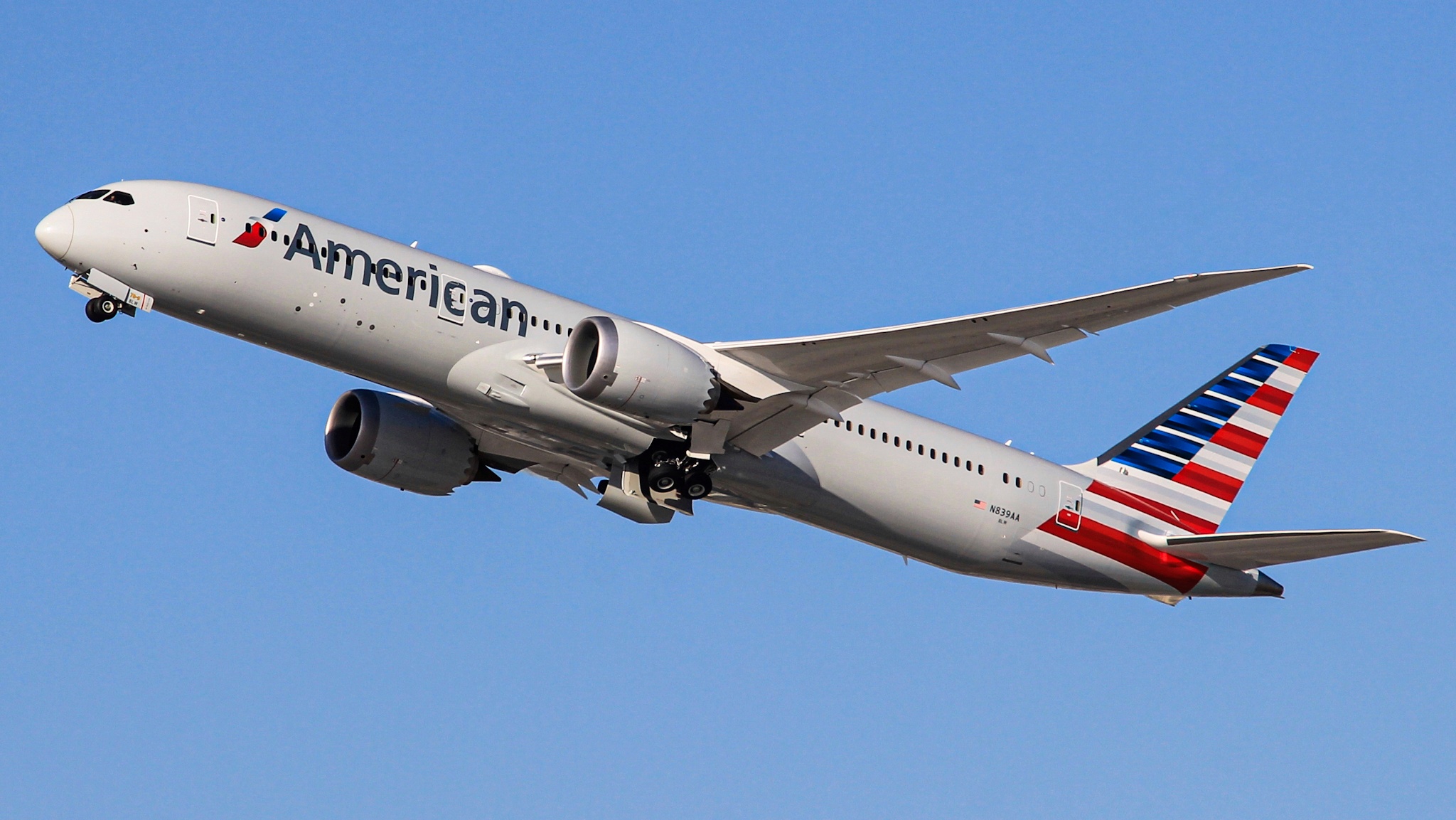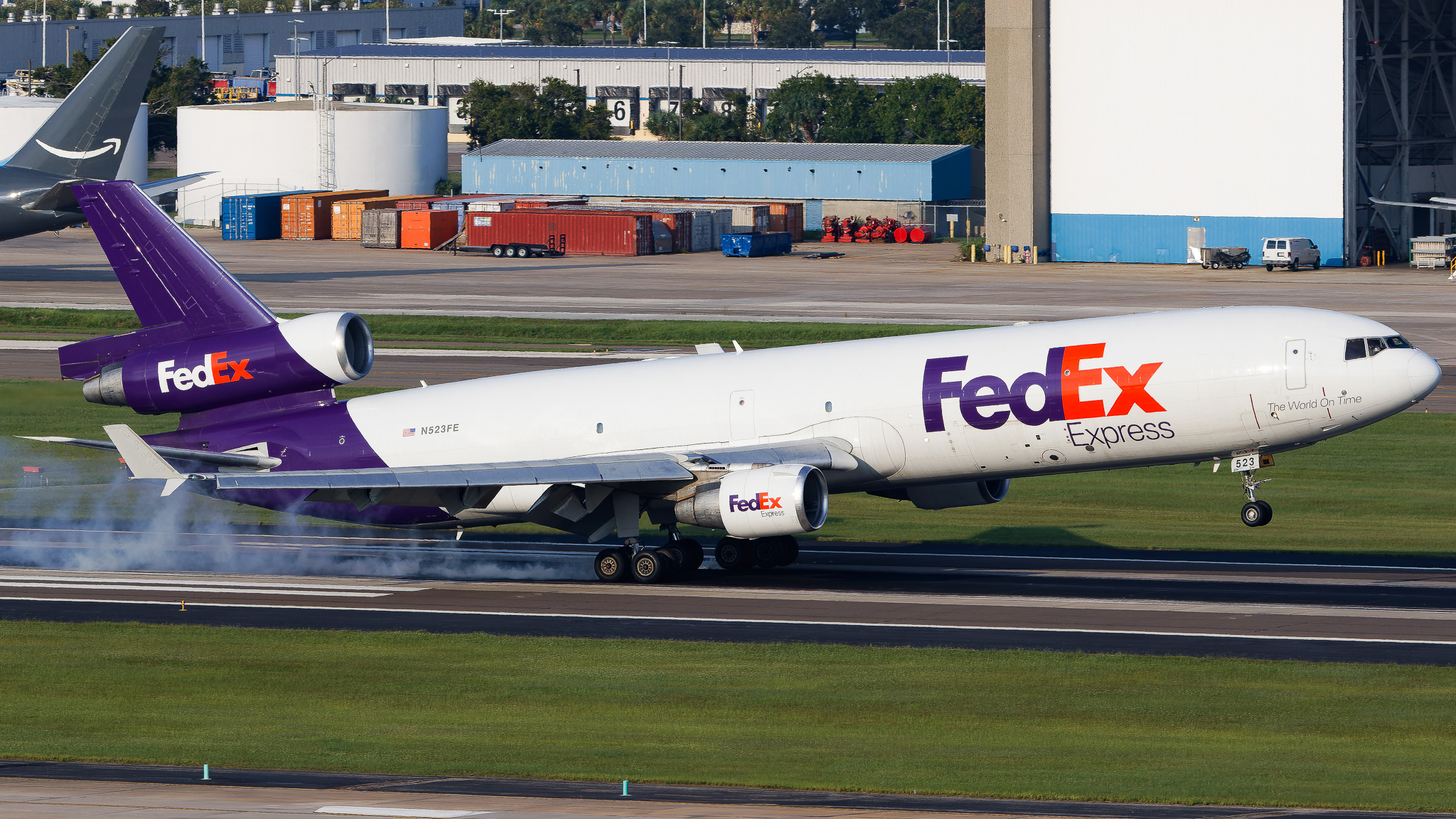Originally set to take the skies in mid December, the Boeing 787-8 had some setbacks with its retrofit. But, after one more month, the 787-8, N27908, is set to take its first full flight this coming Wednesday, January 15, from San Francisco to Washington, DC. The plane was scheduled to fly from San Francisco to Washington Dulles earlier, but was forced to fly back to SFO because it had a cracked windshield. The plane was set out of service until Wednesday, where it will finally fly again.
The previous seating arrangement of the aircraft had seats in a 2-2-2 seating with 6 rows. This new Polaris cabin features seven rows of seats, in a much more comfortable 1-2-1 configuration.
Credit: ThePointsGuy
This new configuration puts the seat count on the 787-8 down from 36 seats to just 28 seats. This is interesting, as United's business model has been more focused around premium seating on their aircraft, and their recently upgraded aircraft, such as the 767-300 and the 777-200 have had more Polars seats after the upgrade. The reason for this is probably because the routes that are used with the 787-8 often leave with empty Polaris seats and oversold economy cabins, prompting the airline to balance this demand with their available seat supply on the aircraft.
Also worth noting is the 3 rows after polaris, rows 20-22. United has added a PremiumPlus seating arrangement on this aircraft, which has a 2-3-2 configuration rather than the 3-3-3 configuration this aircraft has on Economy Plus and Basic Economy.
United is also currently retrofitting one of their 787-9s, which is planned to be flying later this year. On their website, United also has a "Polaris Tracker", where users can see the amount of aircraft fitted with the Polaris hard product.
What are your thoughts on United's Polaris product? Leave them in the comments section below.
Porter Airlines Expands Network with Nonstop Flights from Ottawa to Miami and Phoenix » American Airlines Announces Return to Venezuela After 7-Year Hiatus as Airspace Reopens » "Cancel Takeoff Clearance" Southwest Pilots Abort High Speed Takeoff to Avoid San Antonio Runway Collision »
Comments (0)
Add Your Comment
SHARE
TAGS
NEWS United United Airlines United Airlines 787 787 787 Dreamliner Polaris New Polaris Polaris 787 787 Retrofit United Airlines PolarisRECENTLY PUBLISHED
 American Airlines Plans Full Widebody Free Wi-Fi Expansion After Internal Meeting Leak
A leaked recording from a recent American Airlines employee meeting has revealed that the carrier intends to equip its entire widebody fleet with free high-speed Wi-Fi. As of February 2, 2026, the carrier is moving to close the gap on its long-haul international product, expanding the AT&T-sponsored service that debuted on domestic routes just last month.
STORIES
READ MORE »
American Airlines Plans Full Widebody Free Wi-Fi Expansion After Internal Meeting Leak
A leaked recording from a recent American Airlines employee meeting has revealed that the carrier intends to equip its entire widebody fleet with free high-speed Wi-Fi. As of February 2, 2026, the carrier is moving to close the gap on its long-haul international product, expanding the AT&T-sponsored service that debuted on domestic routes just last month.
STORIES
READ MORE »
 Air India Pulls Boeing 787-9 From Service After Serious Fuel Switch Discrepancy Report
Air India has taken the preemptive step of grounding one of its Boeing 787-9 Dreamliners following a technical report involving a critical fuel control switch malfunction. The decision, confirmed today, February 2, 2026, underscores the carrier’s heightened focus on safety and operational integrity as it continues its massive fleet transformation under the Tata Group.
STORIES
READ MORE »
Air India Pulls Boeing 787-9 From Service After Serious Fuel Switch Discrepancy Report
Air India has taken the preemptive step of grounding one of its Boeing 787-9 Dreamliners following a technical report involving a critical fuel control switch malfunction. The decision, confirmed today, February 2, 2026, underscores the carrier’s heightened focus on safety and operational integrity as it continues its massive fleet transformation under the Tata Group.
STORIES
READ MORE »
 FedEx Targets May 31 Return for MD-11 Fleet Following Fatal November Crash
A stark divide has emerged between the world’s two largest logistics giants as they navigate the future of the iconic McDonnell Douglas MD-11 freighter. While FedEx Express is doubling down on the trijet with a target return-to-service date of May 31, 2026, United Parcel Service (UPS) has officially closed the book on the aircraft’s thirty-year tenure following a devastating accident that sent shockwaves through the industry.
STORIES
READ MORE »
FedEx Targets May 31 Return for MD-11 Fleet Following Fatal November Crash
A stark divide has emerged between the world’s two largest logistics giants as they navigate the future of the iconic McDonnell Douglas MD-11 freighter. While FedEx Express is doubling down on the trijet with a target return-to-service date of May 31, 2026, United Parcel Service (UPS) has officially closed the book on the aircraft’s thirty-year tenure following a devastating accident that sent shockwaves through the industry.
STORIES
READ MORE »



